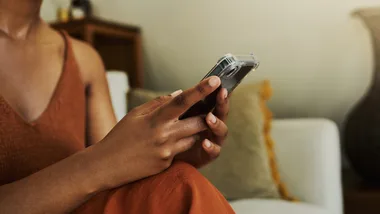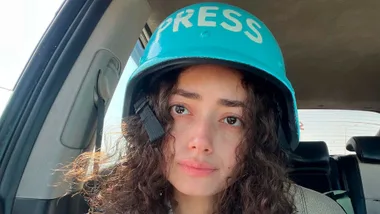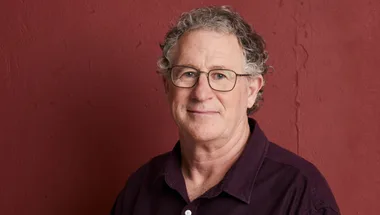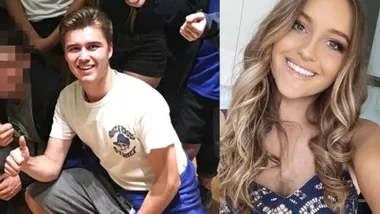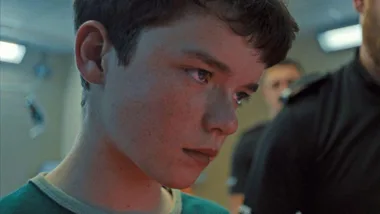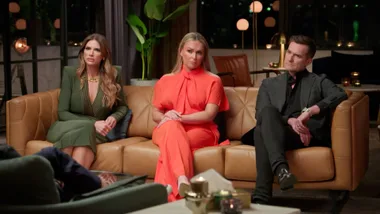“Eurydice Dixon was murdered in Melbourne on her way home from performing a comedy show on June 13, 2018. She was 22. It was a truly terrible thing.
I did not know Eurydice personally, but I feel I can say that she was a young woman who was just trying to tell jokes and get home that night. It hit very hard in our community. Apart from the many people who knew and worked with her, the experience of doing shows at night then getting home on your own safely is something all women who do stand-up know well. You cannot avoid being out late at night. It’s part of the job.
I was 23 when I started stand-up comedy in 2006, and I’ve walked home from many gigs late at night, on my own. When you’re starting out, you’re generally not getting paid and you cannot afford to be getting taxis to and from gigs every night.
Women are very aware of having to be careful. In my experience, women are naturally conscious of our surroundings when walking alone; we talk on our phones to feel safe, carry our keys between our fingers and try to stay in well-lit areas. It didn’t occur to me until recently that male comics don’t do the same. I was at a gig once when one of the guys asked me what I was doing afterwards. I said, ‘Oh, just going home.’ And he said, ‘I think I might go for a run.’ I was like, ‘What? But it’s night-time?’ I would never even consider running at night.
Since the awful murders of Eurydice and Aya Maasarwe (who was killed on January 16 on her way home from a comedy show in Melbourne), it does feel like there are more conversations at gigs about how we can look out for each other. Whether it’s simple things such as asking someone if they’d like to be walked to their car, or speaking up if someone is making others uncomfortable. I think, ideally, support should come from all sides: people asking for help and receiving it, as well as people offering help and following through. The conversation seems to always be prompted by tragedies, but then soon forgotten. It shouldn’t take a tragedy to make us care about women’s safety. Gender-based violence is always unacceptable.
This year, the Melbourne International Comedy Festival launched the Light The Way Home program, designed to provide female, trans, non-binary and other vulnerable performers with a safe way home from comedy venues – at no cost. The initiative will be paid for by donations, which will go into an administered Uber account for at-risk performers. If someone’s feeling vulnerable but can’t afford a taxi, they can use this service. There’s also Shebah, a rideshare for women with female-only drivers, founded by comedian George McEncroe.
If you are in a position to help, regardless of your gender, you should do so and make a habit of it. Whether that means donating money to initiatives such as Light The Way Home or donating some of your time to give a friend a lift home.
When I was learning to drive, my mum would say, ‘It’s not you I’m worried about, it’s the other drivers.’ The same applies to women walking home alone. It doesn’t matter how safe you try to be – you could wear a bulletproof vest and still get hurt. Stand-up comedy shouldn’t be an inherently dangerous job – it’s telling jokes. We just want to make people laugh and get home safely.”
If you are impacted by assault, domestic or family violence call 1800 RESPECT (1800 737 732) or visit 1800RESPECT.org.au. If you need help immediately, please call 000.
Celia is appearing in The Torrents by Oriel Gray, at the Heath Ledger Theatre in Perth from June 15-30, and Sydney Opera House from July 18.
This story originally appeared in the July issue of marie claire magazine.
 Ben King
Ben King
